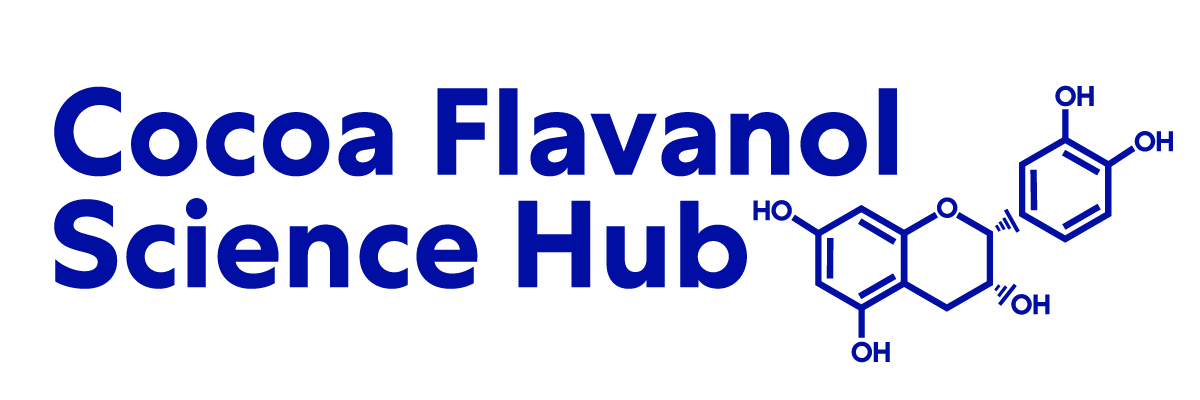Dietary flavanols and procyanidin oligomers from cocoa (Theobroma cacao) inhibit platelet function.
BACKGROUND:
Flavonoids may be partly responsible for some health benefits, including antiinflammatory action and a decreased tendency for the blood to clot. An acute dose of flavanols and oligomeric procyanidins from cocoa powder inhibits platelet activation and function over 6 h in humans.
OBJECTIVE:
This study sought to evaluate whether 28 d of supplementation with cocoa flavanols and relatedprocyanidin oligomers would modulate human platelet reactivity and primary hemostasis and reduce oxidative markers in vivo.
DESIGN:
Thirty-two healthy subjects were assigned to consume active (234 mg cocoa flavanols and procyanidins/d) or placebo (< or = 6 mg cocoa flavanols and procyanidins/d) tablets in a blinded parallel-designed study. Platelet function was determined by measuring platelet aggregation, ATP release, and expression of activation-dependent platelet antigens by using flow cytometry. Plasma was analyzed for oxidation markers and antioxidant status.
RESULTS:
Plasma concentrations of epicatechin and catechin in the active group increased by 81% and 28%, respectively, during the intervention period. The active group had significantly lower P selectin expression and significantly lower ADP-induced aggregation and collagen-induced aggregation than did the placebo group. Plasma ascorbic acid concentrations were significantly higher in the active than in the placebo group (P < 0.05), whereas plasma oxidation markers and antioxidant status did not change in either group.
CONCLUSIONS:
Cocoa flavanol and procyanidin supplementation for 28 d significantly increased plasma epicatechin and catechin concentrations and significantly decreased platelet function. These data support the results of acute studies that used higher doses of cocoa flavanols and procyanidins.
See the Full Study > (opens in a new tab)









